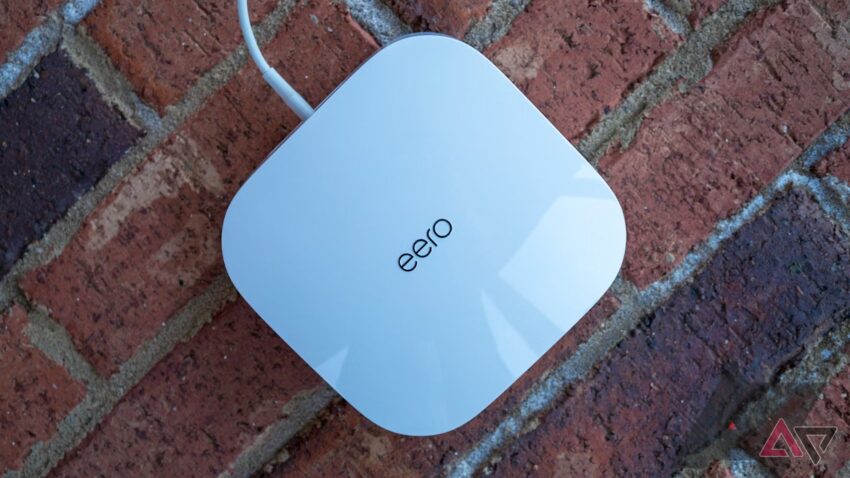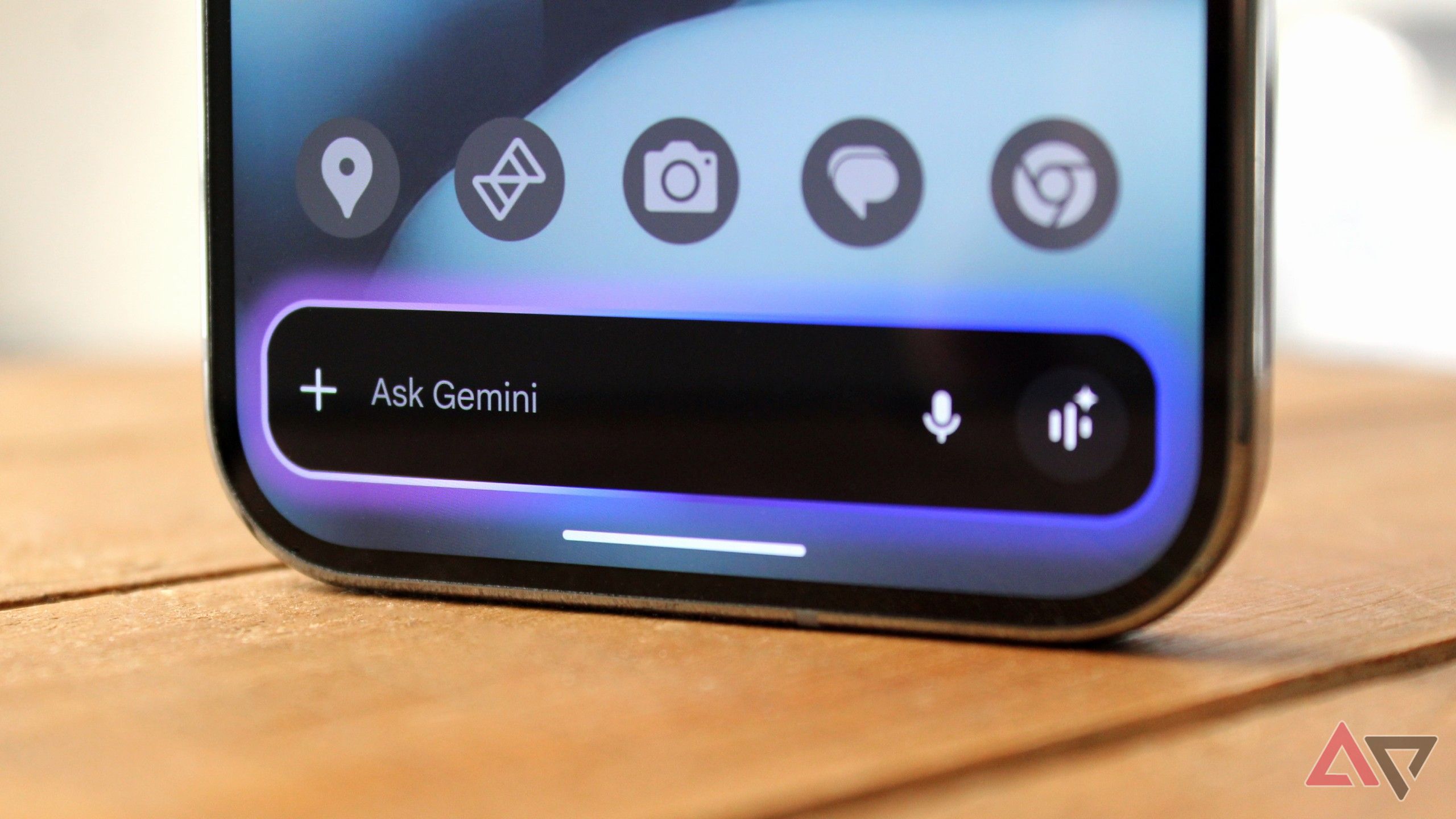
best vpn for eero routers in 2025 As internet privacy concerns continue to rise, many users are seeking ways to secure their online activities, particularly through the use of Virtual Private Networks (VPNs). However, those using Amazon Eero routers face a unique challenge, as these devices do not natively support VPN services.
best vpn for eero routers in 2025
Understanding VPNs and Their Importance
A VPN, or Virtual Private Network, serves as a protective barrier between users and the internet. By encrypting internet traffic and masking IP addresses, VPNs help safeguard users from various online threats, including data breaches, hacking attempts, and intrusive advertising. This is particularly crucial in an era where personal data is frequently targeted by cybercriminals and corporations alike.
For households with multiple devices connected to the internet, a VPN can provide comprehensive protection. This is especially relevant for smart home devices, laptops, smartphones, and tablets, all of which can be vulnerable to cyber threats. A VPN ensures that all data transmitted over the network is encrypted, making it significantly harder for malicious actors to intercept sensitive information.
The Eero Router: A Brief Overview
Amazon’s Eero routers have gained popularity for their user-friendly setup, seamless integration with smart home devices, and robust performance in providing Wi-Fi coverage throughout a home. Eero’s mesh networking technology allows multiple units to work together, creating a single, expansive network that eliminates dead zones. This makes it an attractive option for users who prioritize connectivity and ease of use.
Despite these advantages, Eero routers come with a notable limitation: they do not support VPN services directly. This can be a significant drawback for users who wish to enhance their online security and privacy. Understanding the implications of this limitation is crucial for Eero users who are considering their options for VPN protection.
Why Eero Routers Don’t Support VPNs
The primary reason Eero routers do not support VPNs is their focus on simplicity and ease of use. Eero’s design philosophy prioritizes a straightforward user experience, which can be compromised by the complexities often associated with VPN configurations. Additionally, Eero’s architecture is optimized for speed and performance, and integrating VPN functionality could potentially slow down network speeds due to the encryption process.
Moreover, Eero’s cloud-based management system relies on a centralized approach to network management. This means that traditional VPN setups, which often require local configuration on the router, are not feasible within Eero’s framework. As a result, users seeking to implement a VPN on their Eero network must explore alternative solutions.
Alternatives for Eero Users Seeking VPN Protection
While Eero routers do not support VPNs directly, there are several alternative methods that users can employ to secure their internet connection:
1. VPN on Individual Devices
One of the simplest solutions is to install a VPN application on each device that requires protection. Most reputable VPN providers offer dedicated applications for various platforms, including Windows, macOS, Android, and iOS. This allows users to encrypt their internet traffic on a per-device basis, ensuring that sensitive information remains secure.
However, this method has its limitations. Users must manually configure and maintain the VPN on each device, which can be time-consuming and cumbersome, especially in households with multiple devices. Additionally, this approach does not provide network-wide protection, meaning that any device not running the VPN remains vulnerable.
2. Using a VPN-Compatible Router
For users who prioritize comprehensive network security, investing in a router that supports VPN functionality may be the best option. Many third-party routers are compatible with various VPN services and can be configured to encrypt all traffic passing through the network. This provides a seamless solution for protecting every device connected to the router.
When selecting a VPN-compatible router, users should consider factors such as speed, ease of setup, and compatibility with their chosen VPN service. Popular options include routers from brands like ASUS, Linksys, and Netgear, which often come with built-in VPN support or can be easily configured to work with VPNs.
3. Setting Up a VPN on a Virtual Machine
For tech-savvy users, another option is to set up a virtual machine (VM) that runs a VPN. This method involves creating a separate operating system environment on a computer or server that can be configured to run a VPN service. Users can then route their internet traffic through this VM, effectively securing their connection.
While this method offers a high degree of customization and control, it requires a certain level of technical expertise and may not be suitable for all users. Additionally, maintaining a VM can be resource-intensive and may not be practical for those with limited computing power.
Choosing the Right VPN Service
When selecting a VPN service, users should consider several key factors to ensure they choose a provider that meets their needs:
- Security Features: Look for a VPN that offers strong encryption protocols, a no-logs policy, and additional security features such as a kill switch and DNS leak protection.
- Speed and Performance: VPNs can sometimes slow down internet speeds due to encryption. Choose a provider known for maintaining high-speed connections.
- Device Compatibility: Ensure that the VPN service supports all the devices you plan to use, including smartphones, tablets, and computers.
- Customer Support: Reliable customer support can be invaluable, especially for users who may encounter issues during setup or use.
- Pricing: Compare pricing plans and consider whether the service offers a money-back guarantee or free trial period.
Implications of Using a VPN with Eero Routers
While the lack of native VPN support on Eero routers presents challenges, it also highlights the importance of understanding the broader implications of using VPNs in general. As internet privacy concerns continue to grow, more users are turning to VPNs as a means of safeguarding their online activities. This trend has significant implications for both consumers and service providers.
For consumers, the increasing reliance on VPNs underscores the need for robust online security measures. Users must remain vigilant about their online privacy and take proactive steps to protect their data from potential threats. This includes not only using VPNs but also adopting best practices for online security, such as using strong passwords and enabling two-factor authentication.
For service providers, the rise of VPN usage presents both challenges and opportunities. Companies must adapt to the growing demand for privacy-focused solutions while also addressing the potential impact on network performance. This may involve investing in technologies that enhance security without compromising speed or user experience.
Conclusion
In conclusion, while Eero routers do not support VPNs natively, users still have several options for securing their internet connections. Whether through individual device installations, investing in a compatible router, or exploring advanced setups like virtual machines, users can find solutions that meet their security needs. As internet privacy continues to be a pressing concern, understanding the limitations and alternatives available is essential for Eero users seeking to protect their online activities.
Source: Original report
Was this helpful?
Last Modified: September 12, 2025 at 12:46 am
1 views















